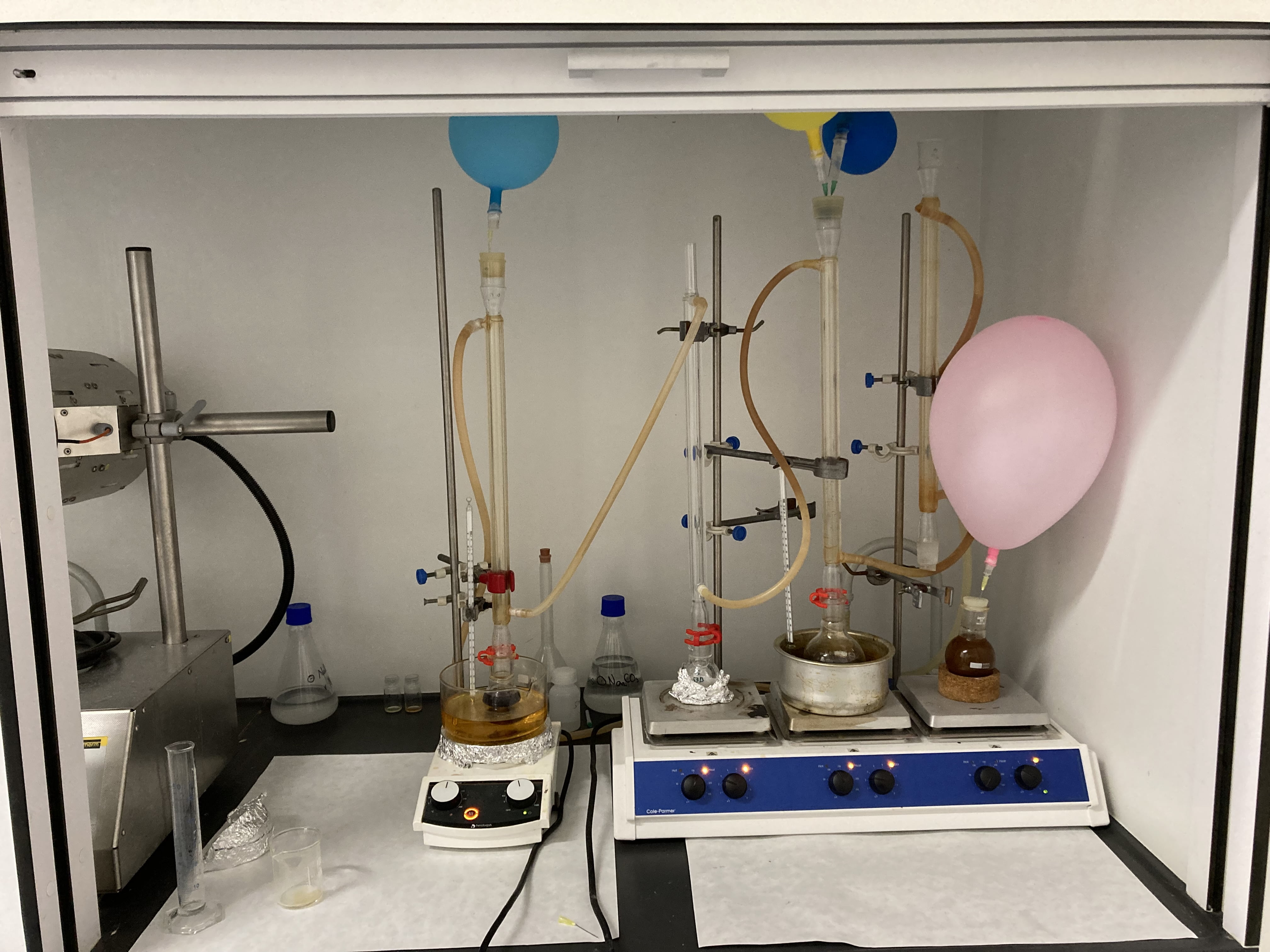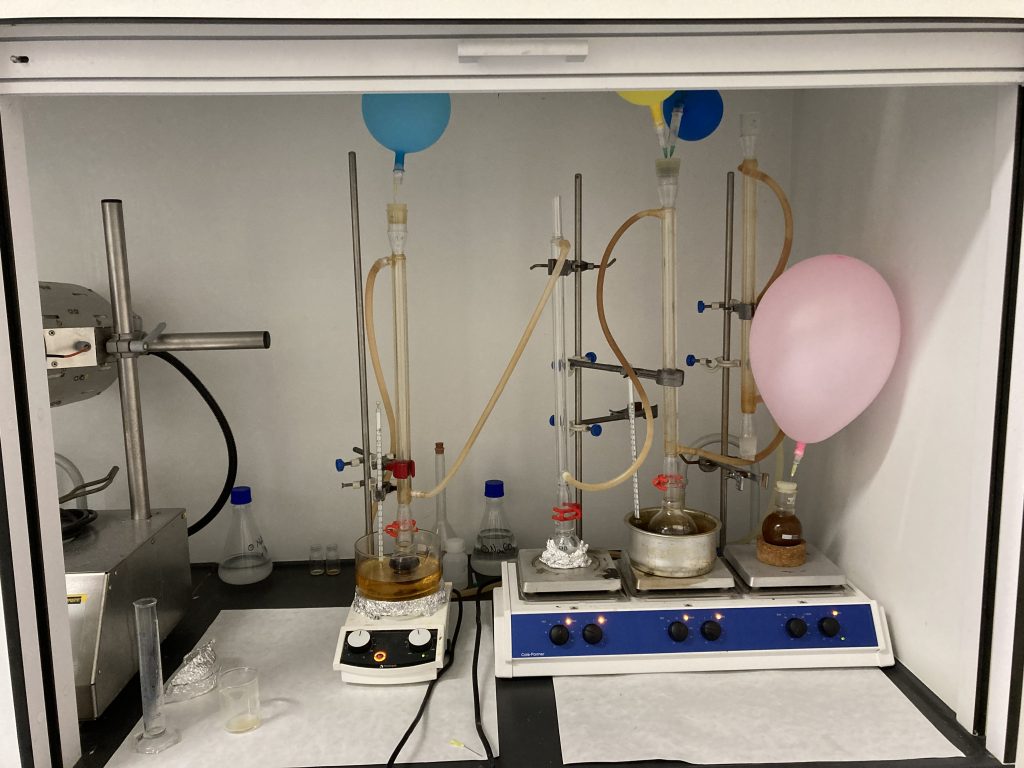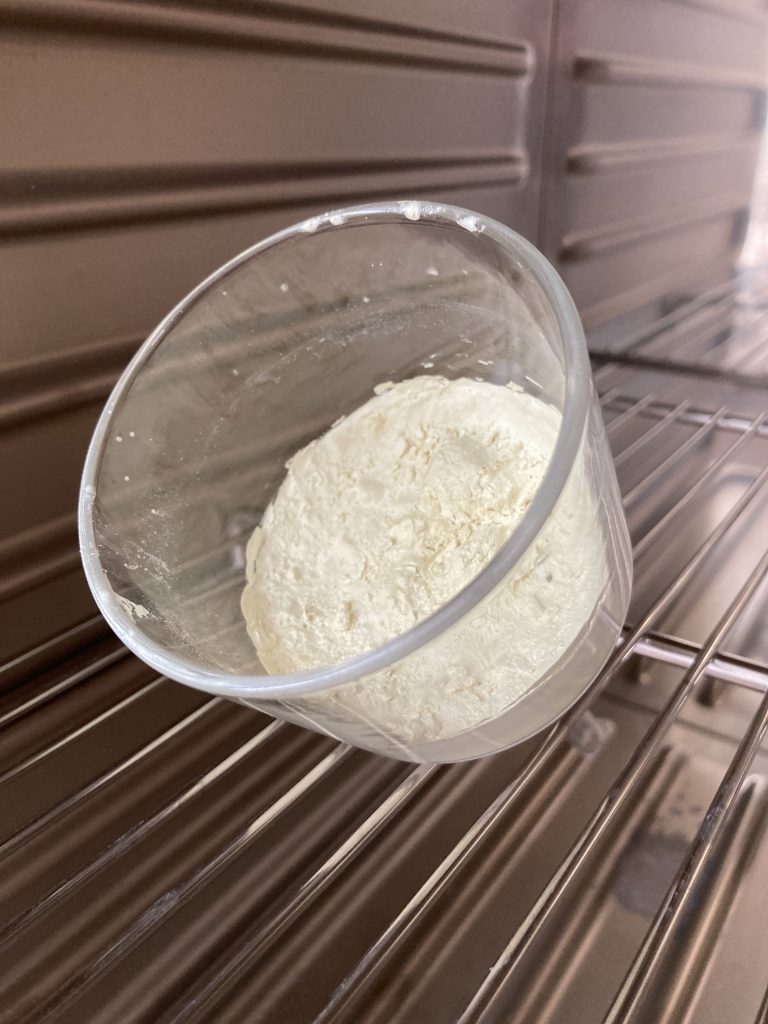Previous articles show the importance of discovering new and efficient organic electrolyte which could substitute the poor-available vanadium electrolyte. Even though, vanadium electrolyte presents a really competent price around (5-20 $/L) compromising the economic viability of new organic chemistries. In this sense INO-HUB R&D team and researchers from UPJS are working together in the optimization of the organic synthesis. Here the main approaches to reach this ambitious goal are depicted:
- All the organic synthesis must be efficient at large scale (>g scale and kg scale) showing global yields higher than 85 %. To do it a wide scope of the reaction conditions must be studied varying important parameters such as the temperature, solvents, catalysts…
- All the synthesis must be eco-friendly using nontoxic solvents/reagents and trying to avoid time consuming purification methods.
- High availability and low cost of chemicals required for the synthesis (ideally the cost of the raw materials should not exceed 2 $/kg). Since the main goal of substitute vanadium electrolyte is based in the poor availability of it, the new electrolytes must be produced everywhere. In this sense we need to notice that organic electrolyte price is not going to be comparable until the tons scale will be reached,
- Finally, the organic electrolyte must present suitable electrochemical properties such as high voltage, high water solubility (> 2.0 M) and high stability (< 1 % capacity decay/year).
Seeing all the requirements that the organic electrolytes must fit being produced let us understand the challenging task to be fulfilled by UPJS and INO-HUB.
ACKNOWLEDGEMENT:
This work was supported by the project: IPCEI_IE_FLOW_BESS_012021




